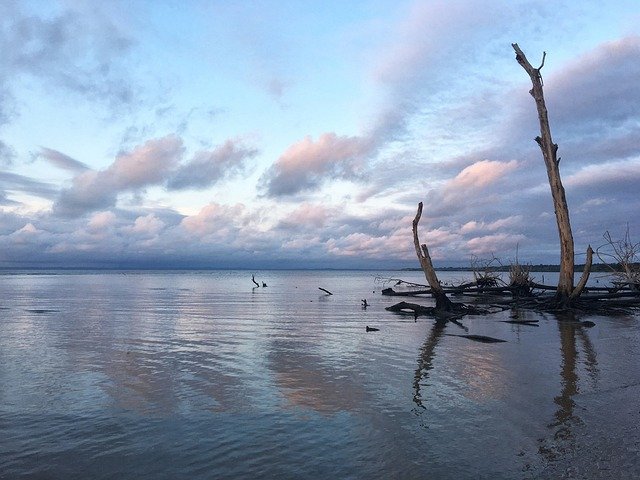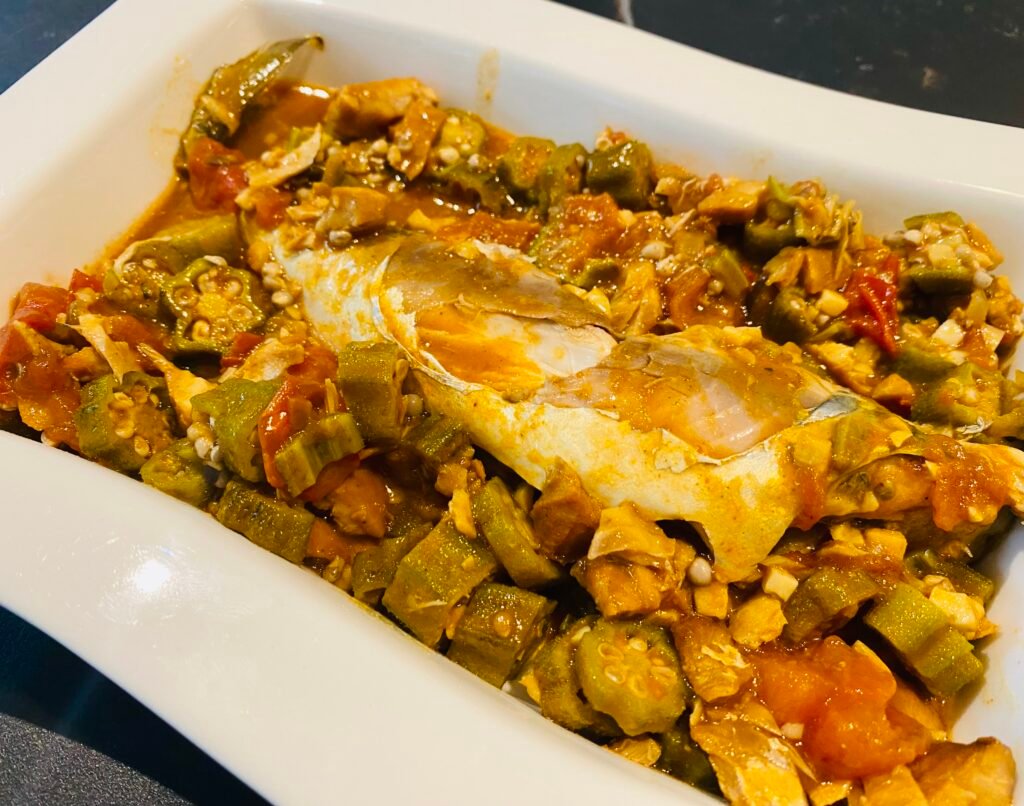Gabon, located on the west coast of Central Africa, is a true natural gem, renowned for its vast rainforests, pristine beaches and exceptional wildlife. This country, which is home to numerous national parks, is also a land of cultural and gastronomic richness. In this article, we invite you to discover the history and culture of Gabon, as well as its traditional cuisine adapted to gluten-free diets.
History and Culture of Gabon
Gabon has a rich history, marked by the traditions of its ethnic groups such as the Fang, the Myènè, and the Punu, who live together in this country where there are more than 40 different languages. Gabonese culture is deeply rooted in its rites, dances and arts, notably through the famous Bwiti masquerade , a spiritual practice which combines elements of nature and healing.
Colonized by France in the 19th century, Gabon obtained its independence in 1960. Since then, it has been recognized for its political stability in Central Africa, while retaining a culture strongly linked to its African roots. Cities like Libreville , the capital, offer a glimpse of French colonial heritage, while also hosting colorful markets and festivals that reflect the vibrant soul of the country.
Traditional Gastronomy and Gluten Free Options
Gabonese cuisine is varied, influenced by its many peoples and its natural environment. Thanks to the richness of the sea, rivers and forests, many Gabonese dishes are naturally gluten-free. Cassava, plantains, seafood, and fish are basic elements in this tasty and authentic cuisine.
Some gluten-free dishes to discover:
- Nyembwe Chicken : This national dish is chicken simmered in a palm nut-based sauce, often accompanied by cassava or plantains. It is a dish rich in flavors and naturally gluten-free.
- Grilled Fish : As Gabon is a coastal country, fresh fish is often prepared grilled, served with vegetables or boiled cassava.
- Cassava broth : This nourishing broth is made with cassava leaves, meat or fish, and seasoned with local spices. An ideal option for those avoiding gluten.
- Fried Plantain : Very popular as a side dish, plantain is often baked or fried to accompany main dishes.
These dishes highlight simple and local ingredients, while being adapted to a gluten-free diet.
The must-see places to visit in Gabon
Gabon is a dream destination for nature lovers . Around 85% of the country is covered in forests, making it a true sanctuary for flora and fauna. Here are some must-sees for any visitor:
- Lopé National Park : This UNESCO World Heritage site offers diverse landscapes, mixing forests and savannahs. It is home to unique wildlife, including elephants, gorillas, and buffalo.
- Akanda National Park : Located near Libreville, this park is renowned for its mangroves and pristine beaches. It is an ideal place for observing migratory birds.
- Lambaréné : Known for the hospital founded by Albert Schweitzer, this city is located on the banks of the Ogooué River and offers immersion in the daily life of the Gabonese people.
- Cape Lopez : This peninsula off the coast of Port-Gentil is famous for its wild beaches and marine biodiversity.
Between tropical forests, deserted beaches and majestic rivers, Gabon offers you exceptional natural landscapes , perfect for adventurers and nature lovers.


